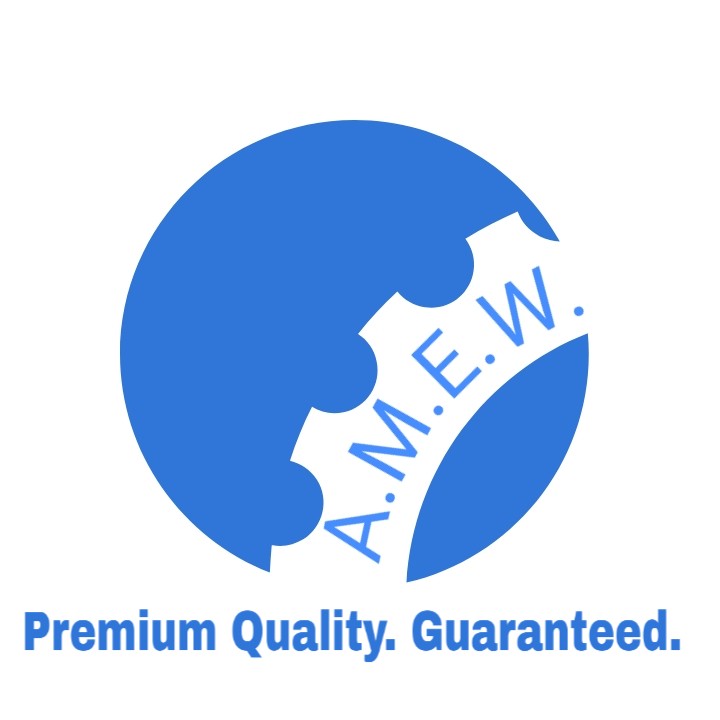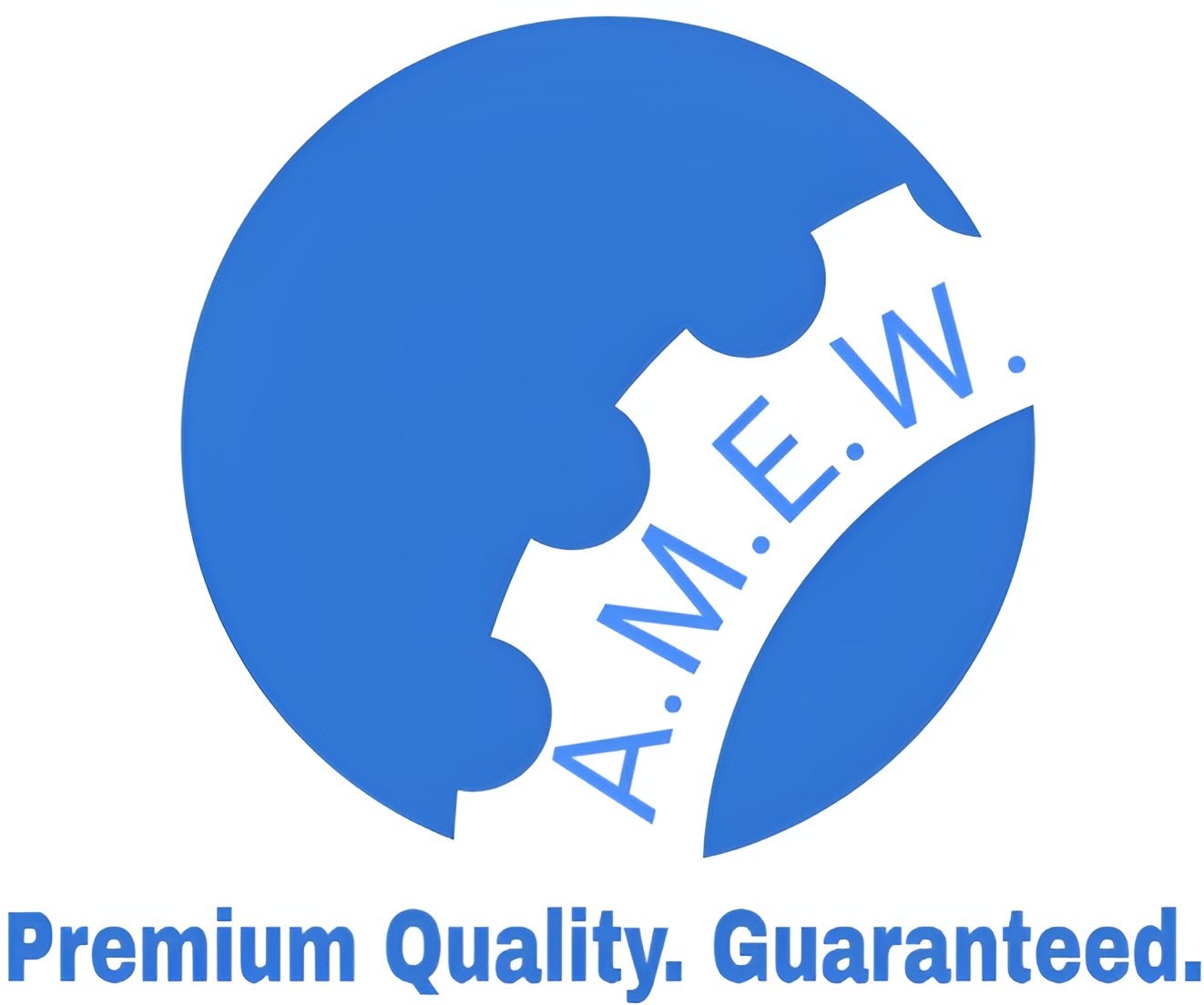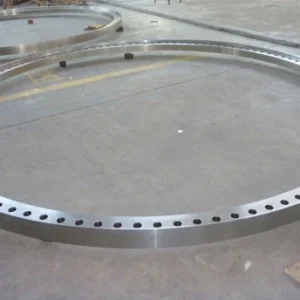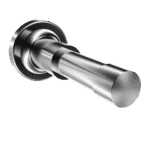Description
Somers: High-Performance Forgings for the Marine Industry
At Somers, we specialize in producing precision-engineered forgings for the marine industry, delivering components that are built to withstand the harsh conditions of the ocean environment. With over a century of experience in forging, Somers is a leading supplier of marine-grade forgings that meet the stringent demands of maritime applications, from commercial shipping to naval defense systems and offshore platforms. Our forged components offer exceptional strength, corrosion resistance, and durability, ensuring long service life and reliable performance in marine environments.
Table of Contents
- Applications of Forgings in the Marine Industry
- Key Forged Components for Marine Vessels and Offshore Platforms
- Grades of Materials Used in Marine Forgings
- Benefits of Forged Components in Marine Applications
- Certifications and Standards for Marine Forgings
- Why Choose Somers for Marine Forgings?
- Our Marine Manufacturing Capabilities
1. Applications of Forgings in the Marine Industry
Marine environments place extreme demands on equipment and components due to exposure to saltwater, extreme pressures, varying temperatures, and corrosive elements. Forged components offer the necessary strength and corrosion resistance required for critical marine applications, including:
- Propulsion Systems: Forged shafts, blades, and gears used in propellers and drive systems
- Shipbuilding: Structural forgings used in ship hulls, masts, and other essential parts
- Offshore Platforms: Forged components for oil rigs, wind turbines, and subsea equipment
- Marine Engines: Forged crankshafts, connecting rods, and pistons for ship engines
- Anchoring and Mooring Systems: Forged anchor components, chains, and fittings
- Naval Defense: Forged parts for submarines, naval ships, and weapons systems
- Marine Power Generation: Components used in hydroelectric power plants and other ocean-based energy solutions
Forgings are integral to the safety, longevity, and efficiency of marine vessels, offshore platforms, and subsea systems, helping withstand the unique challenges of the marine environment.
2. Key Forged Components for Marine Vessels and Offshore Platforms
Somers produces a wide range of forged components that are essential for the efficient operation of marine vessels and offshore installations. Our forgings are crafted to meet precise specifications and designed to deliver maximum performance under extreme maritime conditions.
2.1 Propeller Shafts and Blades
Propeller shafts are critical to a ship’s propulsion system. Forged propeller shafts offer the strength and flexibility needed to handle heavy loads and stresses during operation. Similarly, forged propeller blades ensure smooth operation and corrosion resistance for optimal propulsion efficiency.
2.2 Rudder Stocks
Rudder stocks are responsible for the steering of ships. Forged rudder stocks provide reliability and durability in high-pressure conditions, ensuring safe and precise maneuvering of vessels in harsh marine environments.
2.3 Engine Components
Marine engines require strong and durable components to function reliably over long periods. Forged crankshafts, connecting rods, and pistons are essential for marine engine efficiency, offering superior strength, fatigue resistance, and reliability in continuous operation.
2.4 Anchor and Mooring Systems
Anchors and mooring systems are crucial for securing vessels and offshore platforms. Forged anchors, chains, and mooring components provide superior strength and corrosion resistance, ensuring that marine structures remain safely secured even in turbulent seas.
2.5 Offshore Platform Components
Offshore oil rigs, wind farms, and subsea systems require robust, corrosion-resistant components to withstand saltwater exposure, extreme weather conditions, and high pressure at ocean depths. Forged structural parts, valves, flanges, and fittings are essential for the long-term durability of offshore platforms.
2.6 Hydraulic and Mechanical Systems
Forgings are used in the hydraulic and mechanical systems of marine vessels and offshore platforms, including pumps, valves, and actuators. These forged components offer the necessary strength and wear resistance to perform reliably in marine environments.
2.7 Defense and Naval Applications
In naval defense systems, forged components are used in the construction of submarines, naval ships, and weapon systems. These components offer high strength, shock resistance, and corrosion resistance, making them ideal for military vessels that operate in extreme conditions.
3. Grades of Materials Used in Marine Forgings
Marine forgings must be crafted from materials that offer high strength, corrosion resistance, and durability to withstand the challenges of ocean environments. Somers uses a variety of marine-grade materials to ensure that our forgings deliver maximum performance in saltwater, high-pressure, and temperature-variable environments.
| Material | Grade | Application |
|---|---|---|
| Stainless Steel | 316, 316L, Duplex 2205 | High corrosion resistance, used for propeller shafts, rudder stocks, and valves |
| Nickel Alloys | Inconel 625, Monel 400 | Superior corrosion resistance in subsea applications and offshore platforms |
| Carbon Steel | AISI 1045, 1060 | High strength for structural components in shipbuilding and marine engines |
| Aluminum Alloys | 5083, 6061 | Lightweight and corrosion-resistant, used in ship structures and offshore platforms |
| Copper Alloys | Naval Brass, Aluminum Bronze | Excellent corrosion resistance in saltwater, used for propeller blades, bearings, and valves |
| Titanium Alloys | Ti-6Al-4V | Lightweight, corrosion-resistant, used in advanced marine applications and military vessels |
| Duplex Stainless Steel | S31803, S32750 | High strength and corrosion resistance for subsea and offshore applications |
These materials are chosen for their ability to withstand marine corrosion, high mechanical stress, and environmental challenges, ensuring long-lasting performance in marine environments.
4. Benefits of Forged Components in Marine Applications
Forged components offer several distinct advantages for the marine industry, making them the ideal choice for critical applications in ships, submarines, and offshore structures.
4.1 Superior Strength
Forging enhances the grain structure of metals, resulting in components with greater tensile strength and fatigue resistance. This is essential for components such as propeller shafts, rudder stocks, and engine parts, which must endure heavy loads and constant stress.
4.2 Corrosion Resistance
Marine environments expose components to saltwater and humidity, which can cause rapid corrosion. Forged components made from stainless steel, nickel alloys, and copper alloys offer exceptional resistance to corrosion, ensuring long service life and reduced maintenance costs.
4.3 Enhanced Wear Resistance
Forged components are designed to resist wear and abrasion, even under continuous use. This is crucial for marine propulsion systems, engine components, and offshore structures, where parts are subjected to constant movement and pressure.
4.4 Improved Durability and Reliability
The forging process produces components that are tougher and more durable than those made by other manufacturing methods like casting or machining. This ensures that forged marine components can operate reliably in the most challenging conditions, from deep-sea pressures to high-speed naval operations.
4.5 Cost-Effective Maintenance
The durability and long service life of forged marine components reduce the need for frequent repairs or replacements. This contributes to lower operating costs and helps minimize downtime for ships and offshore platforms.
5. Certifications and Standards for Marine Forgings
Somers is committed to manufacturing marine forgings that meet the highest quality standards and regulatory requirements. Our forgings comply with the certifications and standards established by leading international maritime organizations, including:
- ABS (American Bureau of Shipping): Certification for shipbuilding and offshore platform components
- DNV-GL (Det Norske Veritas-Germanischer Lloyd): Quality assurance for marine and offshore structures
- ISO 9001: Quality management certification ensuring consistent product quality
- ISO 14001: Environmental management certification for sustainable manufacturing
- Lloyd’s Register: Classification society certification for marine components and systems
- Bureau Veritas: Certification for shipbuilding and offshore installations
- PED (Pressure Equipment Directive): Compliance with pressure equipment standards
These certifications ensure that our marine forgings meet the highest safety, reliability, and performance requirements.
6. Why Choose Somers for Marine Forgings?
6.1 Expertise in Marine Applications
With decades of experience serving the marine industry, Somers has developed a deep understanding of the unique challenges posed by the ocean environment. Our team works closely with clients to design and deliver forgings that meet the specific needs of their vessels and offshore platforms.
6.2 Advanced Manufacturing Techniques
We use state-of-the-art forging technology and high-quality materials to






